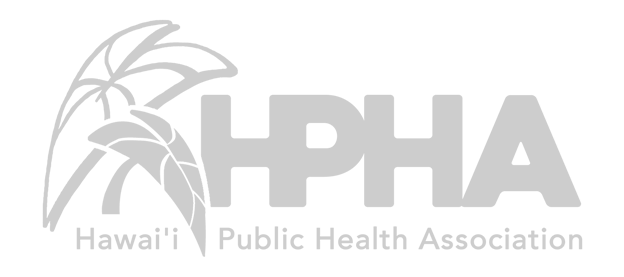*Abstracts are no longer being accepted*
There are two types of sessions: oral presentations and posters
Submissions must adhere to the following guidelines:
- Abstracts must include the following: Introduction, Program/Research Design, Results and Impact.
- Abstracts must contain no more than 300 words. No images, charts or tables are allowed.
- All abstracts submitted for oral presentation must include at least one learning objective that describes the desired outcome(s) of the presentation--what the participant will be able to do by the end of the presentation.
- The presenting author must provide: name, e-mail address, phone number, mailing address, affiliation and degrees. For all other authors, you are only required to provide their name, affiliation, and e-mail address.
- When submitting abstracts, authors must indicate a preference for an oral or poster presentation, as well as a preference for one of the four conference tracks: Workforce Development; Health & Culture; Health Communications & Education; or Policy & Advocacy.
- You are strongly encouraged to compose the abstract text in your own word processing program before submitting it online. Be sure to check spelling, word count, and conformance with the guidelines. Please note that you will not be able to save your abstract online until you’ve completed all required components.
- Authors are expected to register for the conference by the early registration deadline and must be available for discussion of their work during the designated session. Additional instructions for presentations will be provided upon notification of acceptance.
Tracks
We invite you to submit abstracts in the following tracks:
- Workforce Development - This track will address the promotion and delivery of collaborative education and training programs among local, state, and regional public health agencies and academic institutions. Of particular interest are abstracts focusing on enhancing the quality of inter-professional education, especially for underserved populations and areas in the region.
- Health & Culture - This track will address the relationship between health and culture, especially the health and wellness among Native Hawaiians, Pacific Islanders and indigenous populations. Potential topics include social determinants of health, community based participatory research, and programs which promote culture to support and improve health.
- Health Communications & Education - This track will address the use of effective health communications and education strategies in the Pacific including new ideas about the use of internet and new communication technologies (e.g., digital productions such as podcasts and video games, social media, SMS texting) in addition to the effective use of long-standing health communication and education methods. This track invites submissions that contribute toward promising practices, translation, and dissemination of health communications and education by presenting lessons learned, scalable model programs or on improving the processes by which health communications and education programs are managed.
- Policy & Advocacy - This track will focus on current policy and advocacy efforts addressing the key health issues facing the Pacific region today. Sessions will address such key issues including adoption, implementation, enforcement and evaluation of health policies at the legislative, organization and community levels.
- Mixed Plate - The “Mixed Plate” track will feature creative approaches to addressing public health issues in Hawaii and in the Pacific (i.e., drama education, film, PSAs, poetry, photography, etc.). Please note this track will not follow the standard submission procedure. If you are interested in making a submission to this track please refer to the Mixed Plate Guidelines below.
![]()
Mixed Plate Guidelines
Have you, your organization, and/or community developed a creative approach to addressing a public health issue? The Pacific Global Health Conference is seeking entries for its “Mixed Plate” track featuring drama education, film, art, public service announcements (radio and TV), photography, poetry, fiction, and the use of other creative media to address public health priorities in Hawaii and the Pacific. “Mixed Plate” entries must include:
• a description of the project, its objectives, target audience(s), and duration;
• the medium employed;
• the sponsors of the project;
• the author(s), their affiliation, and contact information.
If the project was evaluated, or if outcomes were captured, please include the results and/or outcome data. Please email your Mixed Plate entry to 2012pghc@gmail.com, and put the words "Mixed Plate" in the subject line.
Abstracts submission deadline is May 1, 2012
*Abstracts are no longer being accepted*
Notifications will be sent via e-mail by the end of May

